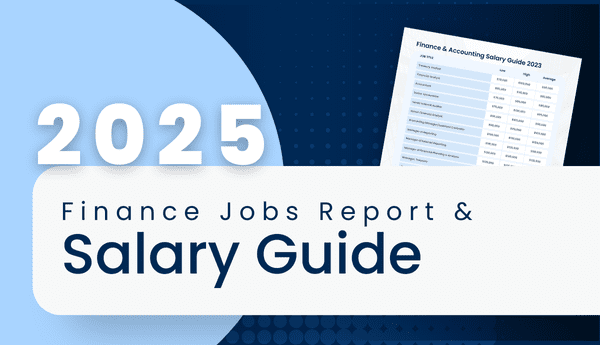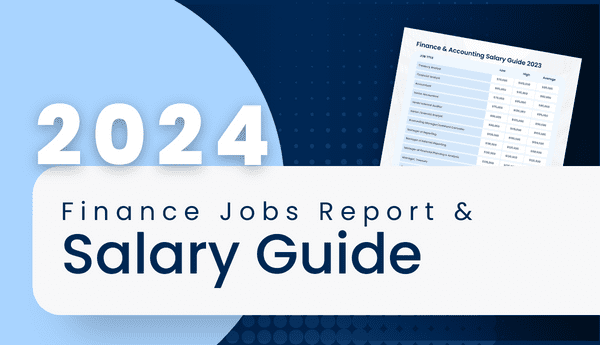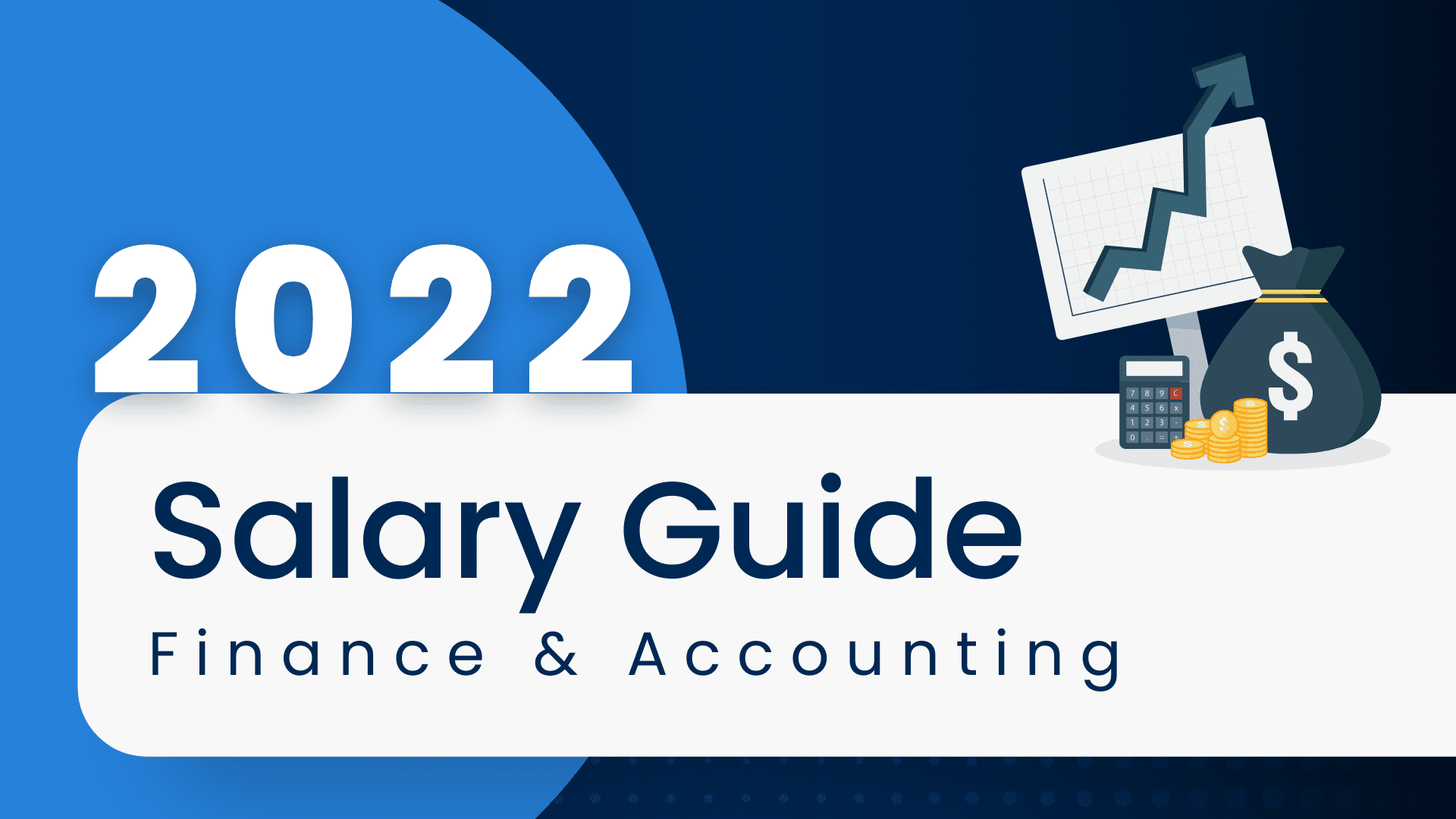There’s a whole world beyond your company’s office. It’s vital for accountants to be clued into that world – to be au courant with the wider trends and developments in their industry. Here’s how you can stay up-to-date.
Part of excelling in an accounting role is becoming versed in the ins and outs of your company’s particular corporate culture. But getting ahead professionally also requires that you look beyond your organization’s doorstep, to the broader trends that are shaping the accounting industry.
Staying abreast of industry developments will help you in a number of ways. It will assist you in forging connections with major and emerging industry players. You’ll also be in a position to give more insightful advice to your clients and help ensure that your firm remains marketable, in spite of rapid changes to the industry.
So how can you best keep up with industry news? Attend to the following resources, all of which can be found at your disposal easily.
Join industry networking groups
Social networking, on sites such as LinkedIn, is increasingly important. It’s not enough, however, to simply throw up a profile. Rather, you should be actively joining industry-relevant networking and discussion groups, reading what’s being said on them and, when appropriate, contributing thoughts or questions of your own.
While straying from the online realm might seem unnecessary these days, networking is something that you should also pursue offline, in an in-person capacity. That includes seeking out local accounting or finance networking groups, and physically attending their gatherings and events.
Groups of this sort frequently host lectures and speakers’ series that address cutting-edge issues affecting the field. Attending these will broaden your knowledge of the sector on a local, provincial, and national basis. You’ll also have the added bonus of getting to shake hands with the speaker or expert after the fact, and being able to ask follow-up questions.
Attend trade events. Trade events are known for both publicizing information about industry trends and offering the secondary benefit of being chock full of vendors – smaller companies with whom you can schmooze in person.
Keep up with legislative developments
Laws and regulations around taxes – whether provincial, federal, income, property, or corporate – are continually in flux. They’re often determined by such factors as changing political tides, economic circumstances, and labour relations.
In order to best advise their clients and other stakeholders, a good accountant has to proactively follow changes in the market. They also have to be able to take a pulse of the given political climate, and assess its impact on tax rules and clauses.
There are many different weathervanes you can use to determine which way the winds are blowing. In addition to reading major news sources, you should consult the more analytical pieces published by specialized financial publications. Also consider industry-specific or targeted recruiting websites and blogs, such as ERE.net.
Be sure to avail yourself of the research and resources offered by the professional accounting associations. The Chartered Institute of Management Accountants (CIMA), for example, features new research and reports on their website, as well as information on local events.
Actively seek out advice from industry leaders
Actively engaging with relevant industry groups on LinkedIn or Yahoo is key to learning more about the field at large. Don’t limit yourself to just reading and posting comments, however. You should optimize the experience by identifying the group members who are bigger players, senior professionals, or industry leaders; these are often the individuals who founded the group or are responsible for moderating it. The more senior a contributor is, the longer they’ve been in the business, and the better their understanding of the industry.
Once you’ve found someone to connect with, don’t hesitate to solicit direct feedback from them. Send a private message introducing yourself, and briefly laying out your career experiences and future goals. Then use the opportunity to ask them questions about the industry and how it’s evolving.
A deeper investment in the overall accounting field will pay dividends in the long run (puns unintended). Staying on top of sector trends enables you to speak authoritatively about tax law, technological innovations, and similar subjects. This, in turn, will put you in a position to take greater initiative in your job, which will make you a greater asset to both your clients and your employers.
But it’s not just about advancing your career. Immersing yourself in your sector and understanding it from a wider, more holistic standpoint will make you better-educated and more innovative in your approach; you’ll find yourself open to changes and fresh ways of doing things.
Tunnel-vision can be an occupational hazard, not only for accountants, but for most working professionals – especially those who have been working at a single company, or in a single type of position, for a long period of time. After all, it’s easy to mistake the trees for the forest, to become so wrapped up in the day-to-day business of your job or your organization that you become oblivious to the wider trends and developments in the industry at large. But by understanding how the accounting industry is shaped and impacted from the top down, as well as how it interplays with factors like politics and economics, you’ll be able to see things from a clearer perspective, and to adapt accordingly.
Let us know what you think! At Clarity Recruitment, we’re always interested in hearing from accounting and finance professionals like yourselves, who are ready for new, exciting opportunities that can take their careers to the next level. And be sure to follow us on Twitter (@clarityrecruits) and connect with us on Facebook for more great tips and advice!




